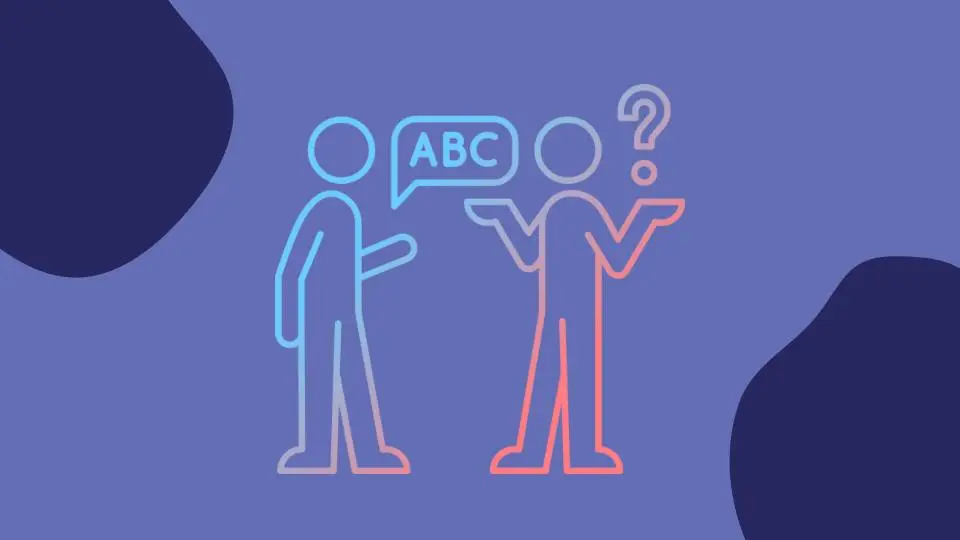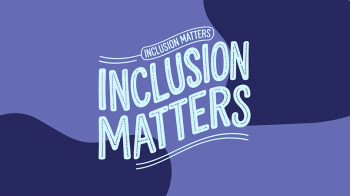A lexical mistake forms an inseparable component of the language acquisition process. Irrespective of your skill level, there are instances when words might perplex you, leading to misconceptions. In the enchanting realm of language, each word possesses its distinctive role and significance. However, on occasion, these words, akin to fleeting performers on a stage, enact their roles with a slightly different script. This stands as a noteworthy and enthralling phenomenon referred to as a lexical blunder.
Yet, there's no need for concern; this is a natural occurrence that even proficient speakers come across. Such junctures occasionally resemble amusing wordplay, wherein words engage in their individual sport, and we merely drift along the currents of their meanings. The art of communication mirrors the finesse of jazz, where improvisation and errors meld into the melody. Thus, let's view lexical blunders in sentences as opportunities to broaden our linguistic horizons, for it is through these errors that novel revelations and a deeper comprehension of the linguistic realm spring forth.

Understanding and overcoming lexical errors
A lexical mistake isn't merely a “neglect,” but rather an intricate interplay among the brain, vocabulary, and context. Insufficient lexicon can confine us within the confines of limited expressive capability. On occasion, we stumble into the “synonymy snare,” wherein words akin in meaning appear to seamlessly slot into a sentence, yet they misstep in their role within the scenario. Illustrations of lexical errors, such as these, are ubiquitous, present both in written compositions and spoken discourse. Lexical errors indisputably form a component of our language acquisition process. Each blunder serves as a minor tutorial from which to glean knowledge.
A lexical misstep characterizes a scenario where a selected word or phrase fails to align with the intended meaning within the context. This can transpire due to an array of factors and frequently elicits smiles and misunderstandings. Jumbled words, erroneous usage of synonyms, and even unfamiliarity with idiomatic meanings all encompass various sorts of lexical errors.
Lexical Mistakes: Examples and Tips
At times, our mind resembles an enchanting chess piece, reordering words on the board of the game to unveil an unexpectedly unique picture. Merging synonyms mirrors the blending of hues on a canvas: one term assumes the role of another, yielding outcomes that are both surprising and amusing. Yet, within this imaginative pursuit, we grasp the subtleties of meanings and contexts. In the realm of language, each word contributes a stone to the mosaic of comprehension, although at times, these stones may fall amiss. Lexical blunders weave themselves into the fabric of the language acquisition journey. Let's explore instances and strategies for managing them.
Here are a few instances:
- Amusing Substitutions. Occasionally, words engage in their own amusement. For instance: “He prepared a delectable breakfast for his dog.” (Instead of “dog,” it should be “son”). Nevertheless, our canine companions also deserve a delightful morning meal!
- Nuances of Synonyms. Despite their similarities, words might carry distinct meanings. I always aspired to master the art of playing the piano, yet I never found ample time. (Instead of “piano,” it should be “guitar”).
- Idioms and Context. Misinterpreting them can lead to comical or even ludicrous situations. Grasping idiom meanings and utilizing them fittingly is vital. However, even if idioms are unfamiliar, remember—learning is a progression, and errors are an inherent part.

So, how can one rectify lexical errors? Firstly, enhance your vocabulary. The broader your lexicon, the less likely confusion will arise. Secondly, indulge in extensive reading. Reading situates words within context, enhancing comprehension of their import. Lastly, embrace errors without trepidation. They signify not a setback, but an opportunity to delve deeper into language acquisition.
Typical examples of lexical errors
Mistakes in language usage aren't instances of immediate failure; rather, they mark steps towards achieving linguistic mastery. They furnish a distinctive change for us to plunge into the depths of the linguistic realm. Each error resembles a puzzle piece in a grand picture that we endeavor to assemble correctly. Within these “puzzles,” we uncover routes to precision and lucidity of expression. Developing an affection for language is akin to embarking on a journey through a breathtaking landscape of words and phrases. Yet, on occasion, challenges crop up along the way, and one common hurdle is the occurrence of typical lexical errors. Let's examine a few customary scenarios and strategies for surmounting them.
Here are a few instances:
- synonyms, much like chess pieces, possess distinct maneuvering tactics. Grasp the subtle variances in meanings among synonyms and, most crucially, the context in which they are aptly employed. This approach aids in circumventing ludicrous mix-ups and honing your speech's precision;
- insufficiency in vocabulary. Vocabulary serves as a veritable treasure trove of language. Initiate with incremental strides—absorb novel words and subsequently integrate them into your spoken and written expression;
- ambiguity in word meanings. Before integrating a fresh term into your discourse, invest time in studying it. Acquaint yourself with its various interpretations and connotations. This practice precludes confusion and equips you to wield the word fittingly within its context.

Ultimately, a lexical misstep is more than just a correction; it's a facet of the intricate dynamics inherent to language. It introduces diversity and underscores our capacity to learn and adapt. Frequent lexical errors resemble imprints left in the sand by our contemplation and exertions. When we glean insights from these imprints, we unveil numerous routes to linguistic harmony.
For those aspiring to master language, the TeMa platform extends personalized lessons with adept Ukrainian language and literature instructors. This presents an opportunity to address your weaknesses and obtain guidance on your journey to excellence. Don't overlook the prospect to harness the TeMa resource for broadening your vocabulary and fostering confidence in linguistic communication!


-preview.png)